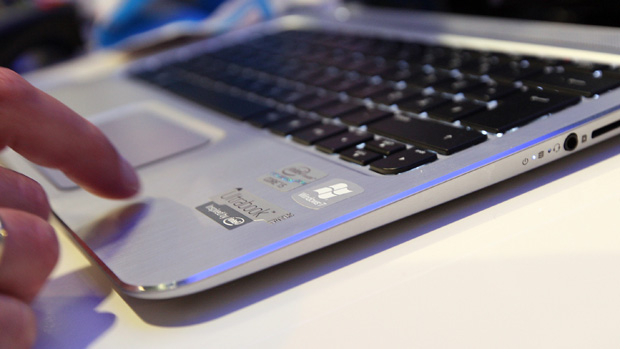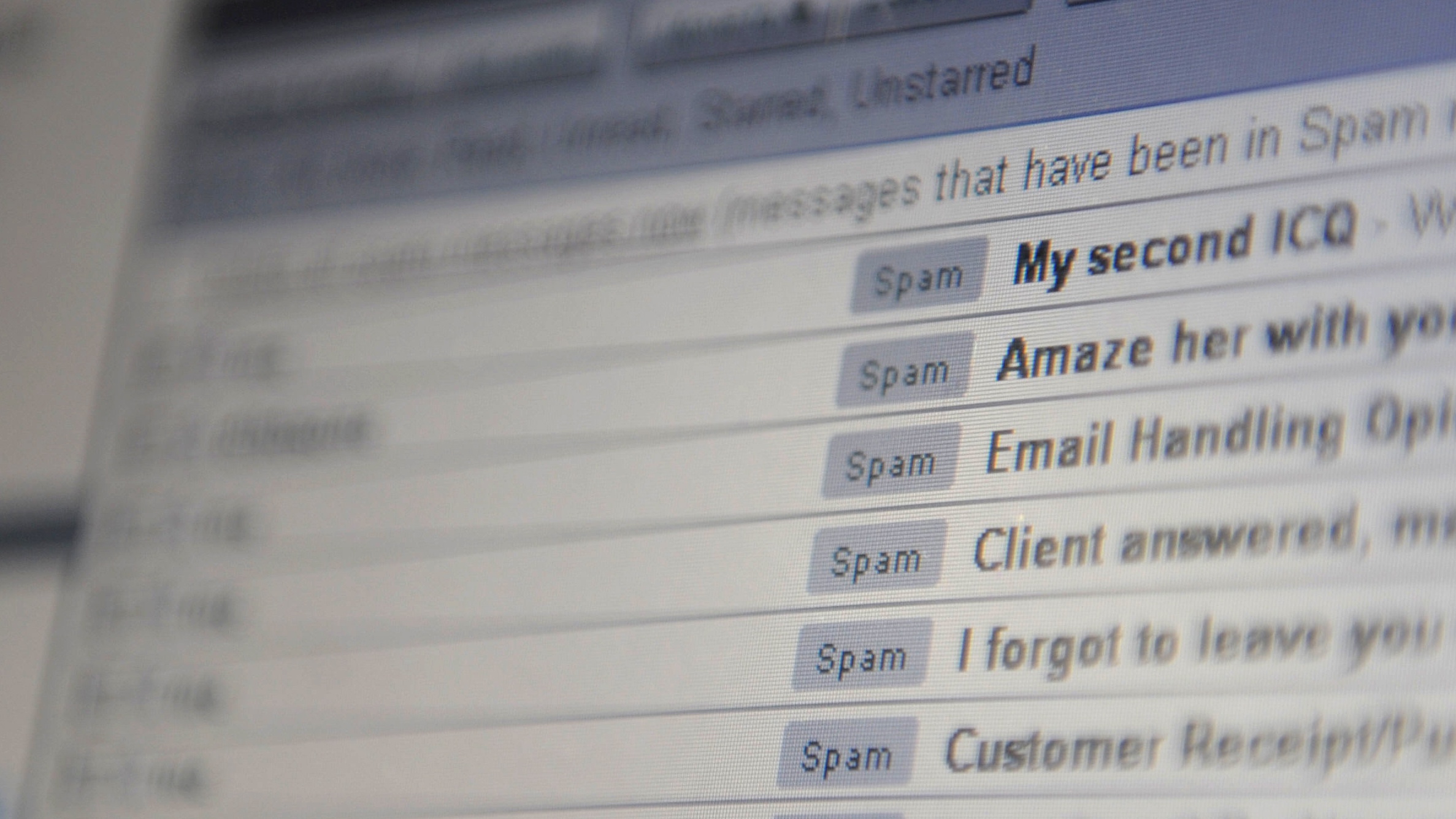WiFi virus: airborne malware 'spreads like the common cold'
Researchers design virus that hops between WiFi access points posing a 'significant' security threat

A free daily email with the biggest news stories of the day – and the best features from TheWeek.com
You are now subscribed
Your newsletter sign-up was successful
SCIENTISTS have demonstrated for the first time that WiFi networks in densely populated areas can be infected with a virus that spreads as "efficiently as the common cold".
The research team, from the University of Liverpool, designed the virus called Chameleon and simulated an attack in a laboratory setting. Not only did it behave like an airborne virus, hopping between access points that connect computers and mobile devices to WiFi networks, it was also able to avoid detection.
If an access point was sufficiently encrypted and password protected, the virus simply moved on to find a more vulnerable one – which in real life would include open-access WiFi points found in coffee shops and airports.
The Week
Escape your echo chamber. Get the facts behind the news, plus analysis from multiple perspectives.

Sign up for The Week's Free Newsletters
From our morning news briefing to a weekly Good News Newsletter, get the best of The Week delivered directly to your inbox.
From our morning news briefing to a weekly Good News Newsletter, get the best of The Week delivered directly to your inbox.
Alan Marshall, professor of network security at the university, said: "When Chameleon attacked an access point it didn't affect how it worked, but was able to collect and report the credentials of all other WiFi users who connected to it. The virus then sought out other WiFi access points that it could connect to and infect."
It was able to avoid detection as current anti-virus systems look for malware that is present on the internet or computers, while Chameleon is only ever present on the WiFi network.
Publishing their findings in the Eurasip Journal on Information Security, the researchers said the attack was a "significant" threat to WiFi security with implications including data theft and device malfunction.
"It was assumed that it wasn't possible to develop a virus that could attack WiFi networks but we demonstrated that this is possible and that it can spread quickly," they wrote.
A free daily email with the biggest news stories of the day – and the best features from TheWeek.com
The ability for Chameleon to spread on its own currently relies on access points being located close together. But researchers warned that if the virus found a way to hop from access points to computers or mobile devices – rather than from access points to access points – the attack would become "much more dangerous". It would give the virus "true mobility", they said, as a computer or mobile carrying the virus could spread it among any access points it came into contact with.
The scientists are now using the data from the study to develop a new technique to identify a potential attack.
-
 Corruption: The spy sheikh and the president
Corruption: The spy sheikh and the presidentFeature Trump is at the center of another scandal
-
 Putin’s shadow war
Putin’s shadow warFeature The Kremlin is waging a campaign of sabotage and subversion against Ukraine’s allies in the West
-
 Media: Why did Bezos gut ‘The Washington Post’?
Media: Why did Bezos gut ‘The Washington Post’?Feature Possibilities include to curry favor with Trump or to try to end financial losses
-
 How cybercriminals are hacking into the heart of the US economy
How cybercriminals are hacking into the heart of the US economySpeed Read Ransomware attacks have become a global epidemic, with more than $18.6bn paid in ransoms in 2020
-
 Language-learning apps speak the right lingo for UK subscribers
Language-learning apps speak the right lingo for UK subscribersSpeed Read Locked-down Brits turn to online lessons as a new hobby and way to upskill
-
 Brexit-hobbled Britain ‘still tech powerhouse of Europe’
Brexit-hobbled Britain ‘still tech powerhouse of Europe’Speed Read New research shows that UK start-ups have won more funding than France and Germany combined over past year
-
 Playing Cupid during Covid: Tinder reveals Britain’s top chat-up lines of the year
Playing Cupid during Covid: Tinder reveals Britain’s top chat-up lines of the yearSpeed Read Prince Harry, Meghan Markle and Dominic Cummings among most talked-about celebs on the dating app
-
 Brits sending one less email a day would cut carbon emissions by 16,000 tonnes
Brits sending one less email a day would cut carbon emissions by 16,000 tonnesSpeed Read UK research suggests unnecessary online chatter increases climate change
-
 Reach for the Moon: Nokia and Nasa to build 4G lunar network
Reach for the Moon: Nokia and Nasa to build 4G lunar networkSpeed Read Deal is part of the US space agency’s plan to establish human settlements on the lunar surface
-
 iPhone 12 launch: what we learned from the Apple ‘Hi, Speed’ event
iPhone 12 launch: what we learned from the Apple ‘Hi, Speed’ eventSpeed Read Tech giant unveils new 5G smartphone line-up
-
 Russian agency behind US election meddling ‘created fake left-wing news site’
Russian agency behind US election meddling ‘created fake left-wing news site’Speed Read Facebook says real reporters were hired by fake editors to write about US corruption